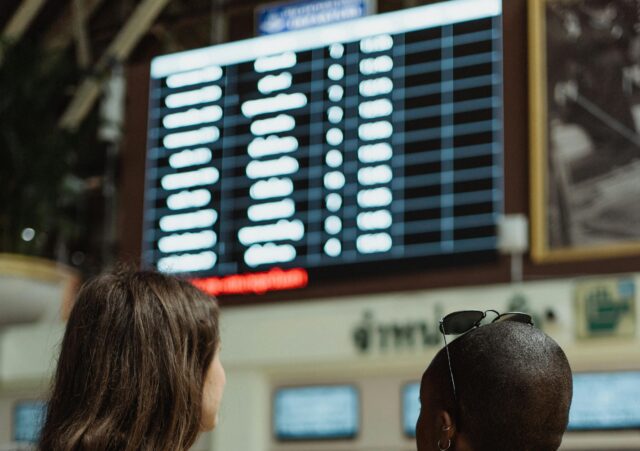The recently approved WestJet baggage fee class action settlement by the Supreme Court of British Columbia is more than just a legal resolution—it is a testament to the power of collective action and a reminder that corporations must be held accountable to their customers. The settlement offers a path for affected travelers to reclaim what they were unjustly charged and highlights the importance of consumer protections in the airline industry.
At the heart of the class action is the allegation that WestJet charged customers for their first checked baggage in violation of its own tariff provisions during specific periods. While WestJet has not admitted liability, the court-approved settlement compensates affected passengers through WestJet Travel Bank credits totaling $12.5 million CAD.
The settlement covers domestic and international travelers who paid a fee for their first checked bag under certain conditions between 2014 and 2019. These individuals now have an opportunity to file claims for a portion of the settlement amount, with potential credits ranging from $10 to $20 per eligible claim.
This case shines a light on an often-overlooked aspect of airline practices: adherence to stated terms and conditions. Airlines operate within a heavily regulated industry, but passengers often feel powerless when disputes arise, especially over seemingly minor charges like baggage fees.
This settlement is a reminder that terms and conditions matter. Tariffs are not just fine print—they are binding agreements between airlines and their customers. When these terms are ignored, consumers have the right to push back, as demonstrated by the plaintiffs in this case.
While the settlement may not fully compensate travelers for their frustrations, it represents a win for accountability. The credits, redeemable toward WestJet flights over a two-year period, provide tangible benefits for those affected.
However, it’s essential that class members take action to claim their share. Automatic compensation isn’t part of the settlement, so eligible individuals must submit claims during the designated period from November 11, 2024, to February 10, 2025.
The settlement also serves as a cautionary tale for other businesses: transparency and consistency in adhering to terms are crucial. Companies that breach trust risk financial and reputational consequences, even if the breaches seem minor.
The success of this class action reflects the growing power of collective action. By banding together, consumers can challenge unfair practices and demand accountability from corporations. Cases like this are vital in ensuring a fair marketplace where consumer rights are respected.
Moreover, this settlement underscores the importance of regulatory oversight and the need for consumers to remain vigilant. Understanding your rights as a traveler and advocating for them when they are violated can lead to meaningful outcomes, as this case proves.
While the settlement provides closure for affected travelers, it also sets an important precedent. It sends a clear message to airlines and other industries that consumers won’t tolerate unfair treatment.
For those eligible, the next step is simple: file a claim. This ensures you benefit from the resolution of the case and reinforces the principle that consumers deserve fairness and transparency in their transactions.
As we reflect on this settlement, it’s worth celebrating this milestone for consumer advocacy. But it’s also a moment to push for systemic changes that make it easier for consumers to hold corporations accountable without prolonged legal battles.
The WestJet settlement is a small but significant step toward a more equitable relationship between airlines and their passengers—a win for fairness, accountability, and consumer rights.




































